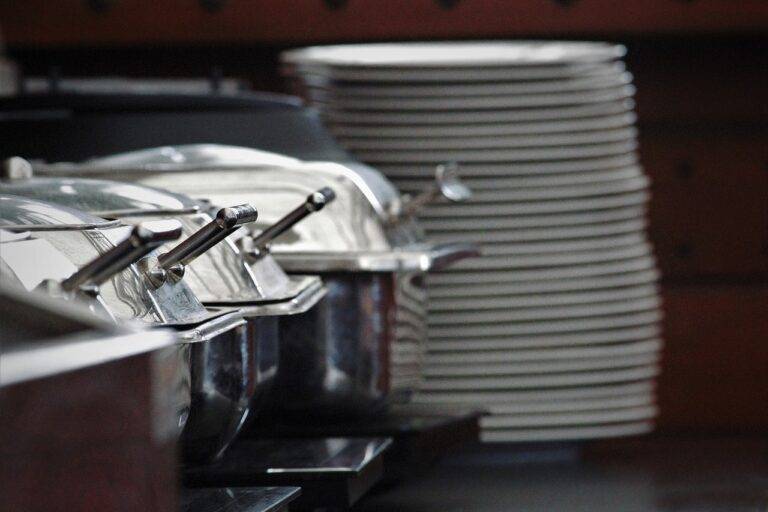Analyzing Food Industry Efforts to Promote Food Safety in Mobile Food Vending
Mobile food vendors play a crucial role in providing convenient and delicious food options to customers on the go. To ensure the safety of the food being served, it is essential for vendors to adhere to strict food safety regulations. These regulations are in place to protect consumers from potential health hazards and to maintain the reputation and success of mobile food businesses.
One important aspect of food safety regulations for mobile food vendors is maintaining proper hygiene practices. This includes regular handwashing, wearing clean attire, and keeping cooking utensils and surfaces clean and sanitized. By following these hygiene protocols, vendors can minimize the risk of contamination and foodborne illnesses, ensuring that customers enjoy safe and delicious meals from their mobile food establishments.
Importance of Proper Food Handling Techniques
Effective food handling techniques are essential for mobile food vendors to ensure the safety and quality of the meals they serve to customers. Proper handwashing is crucial before preparing food to prevent cross-contamination and the spread of harmful bacteria. Additionally, using separate utensils and cutting boards for raw and cooked foods helps to minimize the risk of foodborne illnesses among patrons.
Maintaining proper food temperatures is another key aspect of safe food handling practices. Refrigerated foods should be stored at temperatures below 41°F to prevent bacterial growth, while hot foods should be kept above 135°F to ward off pathogens. By diligently following these guidelines, mobile food vendors can uphold high standards of food safety and protect the health of their customers.
• Proper handwashing before preparing food is crucial to prevent cross-contamination and the spread of harmful bacteria.
• Using separate utensils and cutting boards for raw and cooked foods helps minimize the risk of foodborne illnesses among patrons.
• Refrigerated foods should be stored at temperatures below 41°F to prevent bacterial growth.
• Hot foods should be kept above 135°F to ward off pathogens.
By following these guidelines, mobile food vendors can ensure the safety and quality of the meals they serve.
Training and Certification Requirements for Mobile Food Vendors
Mobile food vendors play a crucial role in the food industry, providing convenient and delicious meals to customers on-the-go. To ensure the safety and quality of the food they serve, vendors must meet specific training and certification requirements. These requirements help vendors understand the importance of proper food handling, hygiene, and compliance with food safety regulations.
Training for mobile food vendors typically covers topics such as safe food storage, preparation techniques, temperature control, and sanitation practices. Certification is often obtained through a food safety course or program approved by health departments or regulatory agencies. By completing these requirements, mobile food vendors demonstrate their commitment to upholding the highest standards of food safety and ensuring the well-being of their customers.
What are the food safety regulations that mobile food vendors need to follow?
Mobile food vendors need to adhere to local health department regulations which include proper food handling, storage, and temperature control to prevent foodborne illnesses.
Why is it important for mobile food vendors to use proper food handling techniques?
Proper food handling techniques are crucial to ensure the safety of the food being served to customers and to prevent the spread of foodborne illnesses.
What are the training and certification requirements for mobile food vendors?
Mobile food vendors are typically required to complete a food safety training course and obtain a food handler’s permit or certification to demonstrate their knowledge of safe food handling practices.
How can mobile food vendors ensure they are meeting all necessary training and certification requirements?
Mobile food vendors can check with their local health department for specific requirements and regulations regarding training and certification for food handlers. They can also enroll in food safety courses offered by reputable organizations to ensure they are up to date on the latest food safety practices.







